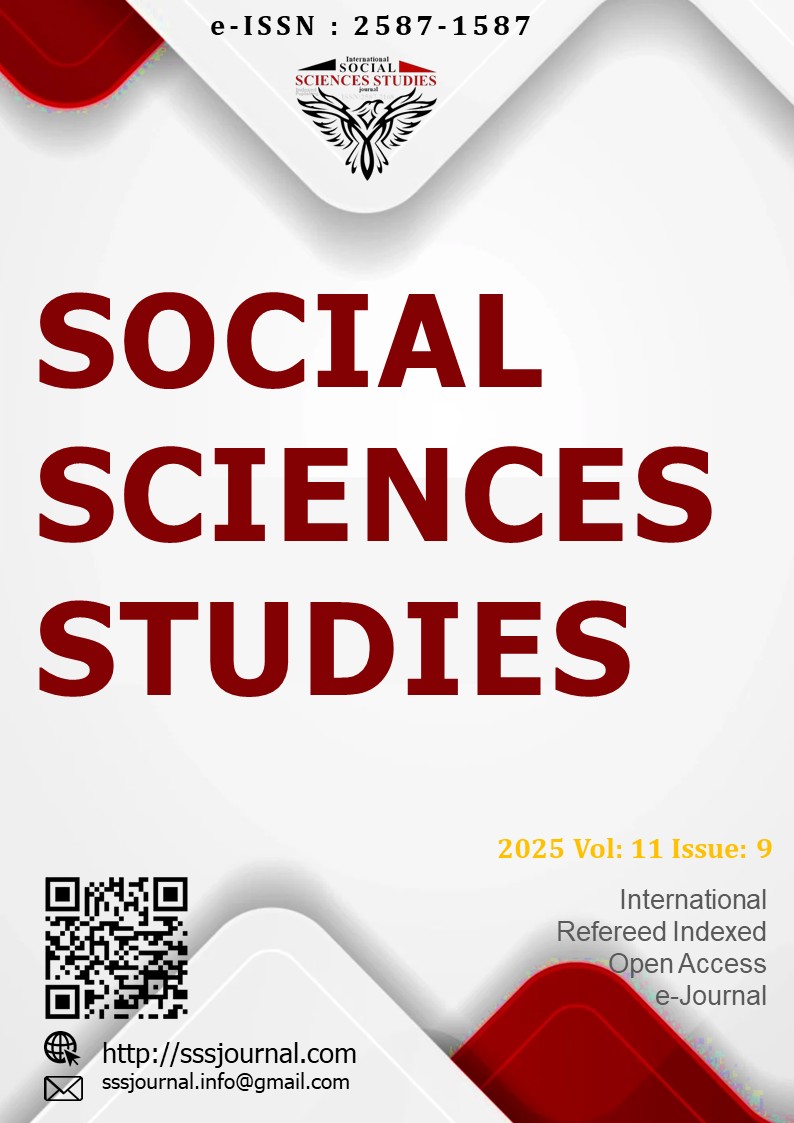Author :
Abstract
Bu çalışma, finansal stresin hisse senedi getirileri üzerindeki etkisini G7 ülkeleri ve Türkiye örneğinde incelemektedir. Analizde, 2001-2023 yılları arasında aylık veriler kullanılarak GVZ, OVX ve VIX endeksleri finansal stres göstergeleri olarak belirlenmiş ve bu göstergelerin hisse senedi getirileri üzerindeki etkisi değerlendirilmiştir. Çalışma, tanımlayıcı analizler ve birim kök testleri kullanarak verilerin durağanlık özelliklerini ve dağılımını incelemiştir. Sonuçlar, getirilerin çoğunlukla sıfıra yakın ortalamalarla dağıldığını ve Türkiye'nin daha yüksek volatiliteye sahip olduğunu ortaya koymuştur. Ayrıca, çarpıklık ve kurtosis değerleri incelendiğinde, bazı ülkelerde büyük negatif getirilerin daha olası olduğu, ancak Türkiye’de pozitif bir eğilim bulunduğu gözlemlenmiştir. Sosyal ve finansal stresin etkilerini daha ayrıntılı bir şekilde analiz etmek için kuantil regresyonu, eğim eşitliği ve simetrik kuantil testleri uygulanmıştır. Bu testler, finansal stresin hisse senedi getirileri üzerindeki etkisinin genellikle sabit olduğunu, ama zamanla değişebileceğini göstermektedir. Sonuç olarak, araştırma finansal stresin hisse senedi getirileri üzerindeki etkilerinin yalnızca ortalama düzeyde değil, dağılımın farklı noktalarına göre değişebileceğini ve yatırımcıların bu tür göstergeleri dikkatle izlemeleri gerektiğini vurgulamaktadır. Çalışma, finansal stresin piyasalar üzerindeki etkilerini daha iyi anlamak için daha kapsamlı modellerin kullanılmasına yönelik bir temel sunmaktadır.
Keywords
Abstract
This study examines the impact of financial stress on stock returns using the example of G7 countries and Turkey. The analysis uses monthly data from 2001 to 2023, with the GVZ, OVX, and VIX indices identified as financial stress indicators, and evaluates their effect on stock returns. The study investigates the stationarity characteristics and distribution of the data using descriptive analysis and unit root tests. The results show that returns generally have near-zero means and that Turkey exhibits higher volatility. Furthermore, when examining skewness and kurtosis values, it was observed that large negative returns are more likely in some countries, while a positive trend was found in Turkey. To analyze the effects of social and financial stress in more detail, quantile regression, slope equality, and symmetric quantiles tests were applied. These tests indicate that the impact of financial stress on stock returns is generally constant but may change over time. As a result, the study emphasizes that the effects of financial stress on stock returns vary not only at the mean level but also across different points of the distribution, and investors should carefully monitor such indicators. The study provides a foundation for using more comprehensive models to better understand the effects of financial stress on markets.





